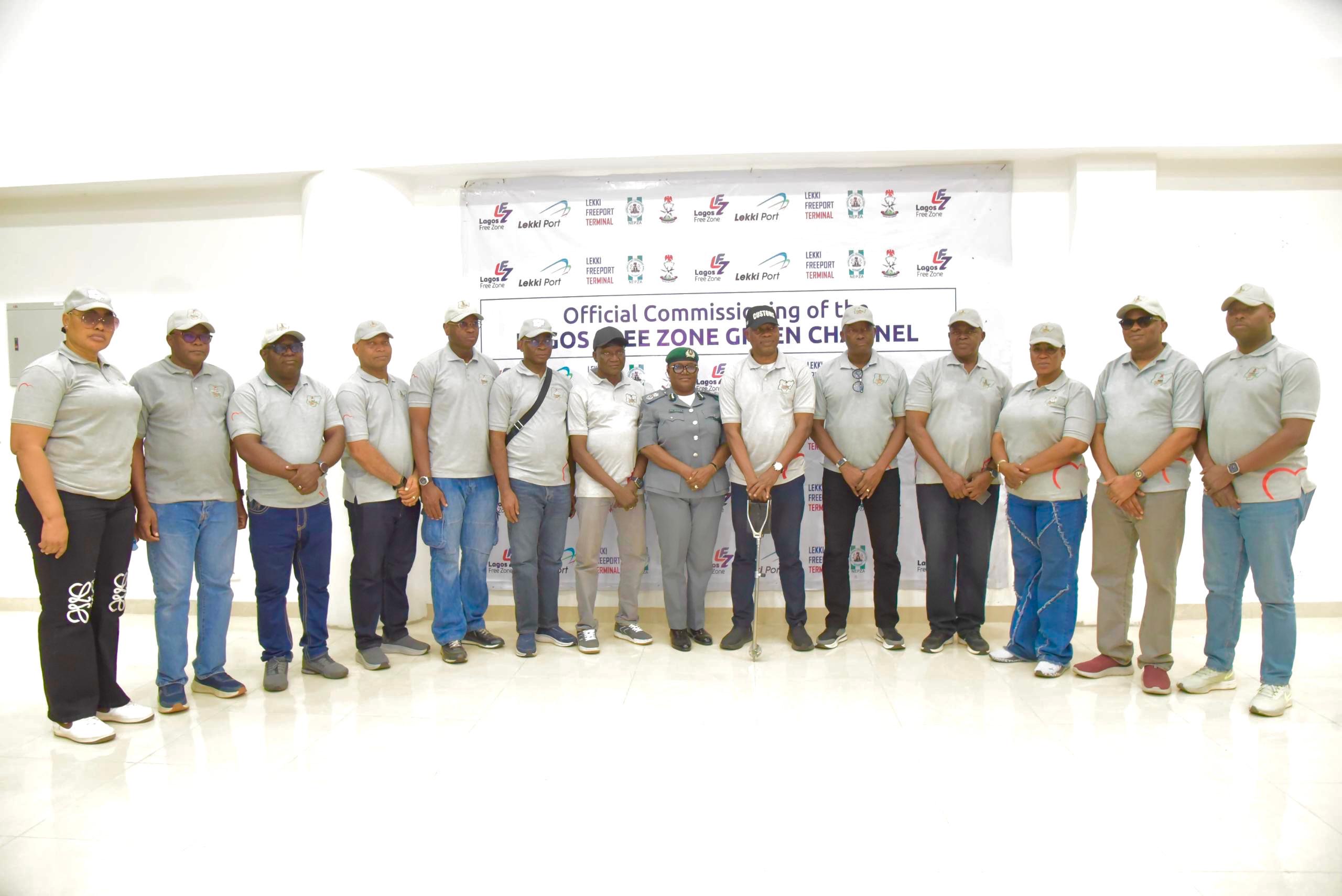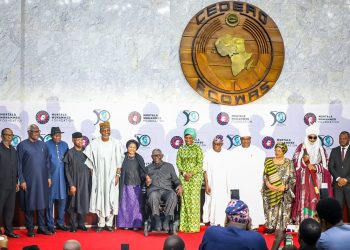By Nkechi Eze
As Nigeria marks 26 years of uninterrupted democratic governance, the Civil Society Legislative Advocacy Centre (CISLAC) has raised serious concerns about what it describes as a steep decline in democratic values under the current administration. In a Democracy Day statement issued on Wednesday, CISLAC’s Executive Director, Comrade Auwal Musa Rafsanjani, warned that Nigeria is witnessing a collapse of responsible, transparent, and accountable governance.
Rafsanjani said the country’s democratic institutions are at their weakest, with rising authoritarian tendencies, growing impunity, widespread corruption, compromised electoral processes, and a shrinking civic space undermining the nation’s democratic foundation. He called on political leaders to urgently retrace their steps to safeguard the democratic system that citizens fought so hard to establish.
He lamented the erosion of electoral credibility, noting that elections have become routine exercises marred by violence, vote buying, voter suppression, and judicial interference. According to him, many citizens now see elections as futile, and the current political culture encourages state capture and elite bargains rather than ideological governance.
CISLAC stressed that the growing voter apathy and public disillusionment stem from a lack of transparency and integrity in the electoral process. Rafsanjani further criticized the absence of internal democracy and discipline within political parties, which he described as vehicles for personal ambition rather than national development. He called for urgent electoral and political party reforms to restore public confidence in the system.
The statement also highlighted unchecked corruption at the state level, where governors allegedly operate without transparency and accountability due to weakened state assemblies and lack of oversight. CISLAC called for decentralizing the fight against corruption and empowering state institutions to act independently.
On the state of the judiciary, CISLAC expressed concern over perceived political interference, delays in access to justice, and inconsistent court rulings, warning that these issues are weakening the rule of law and threatening democratic stability.
Rafsanjani also condemned the persistent insecurity across the country, describing the government’s efforts as incoherent and insufficient. He urged the federal government to adopt a people-centred security strategy that tackles both the immediate threats and root causes of conflict.
The group criticized the economic hardship facing millions of Nigerians, especially in the aftermath of fuel subsidy removal. Despite government claims of saving trillions of naira, CISLAC said the money has not translated into tangible benefits for citizens, with inflation, joblessness, and poverty worsening.
Additionally, CISLAC denounced increasing clampdowns on civic actors, journalists, and peaceful protesters. It described the harassment of activists and NGOs as a disturbing sign of growing intolerance for accountability, warning that such actions are incompatible with democracy.
As the country celebrates Democracy Day, CISLAC called on the government to demonstrate genuine commitment to democratic values by strengthening institutions, protecting civil liberties, and promoting inclusive governance. Rafsanjani emphasized that democracy goes beyond holding elections—it must reflect good governance, public accountability, and active civic participation. He urged the government to end repression and embrace meaningful reforms that restore the integrity of Nigeria’s democratic system.













